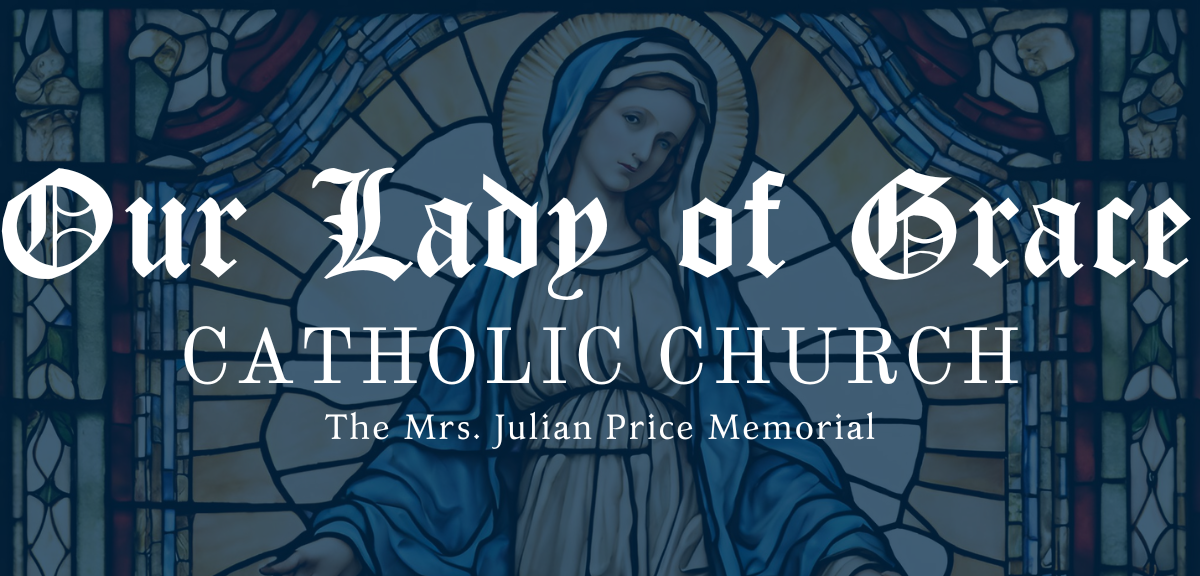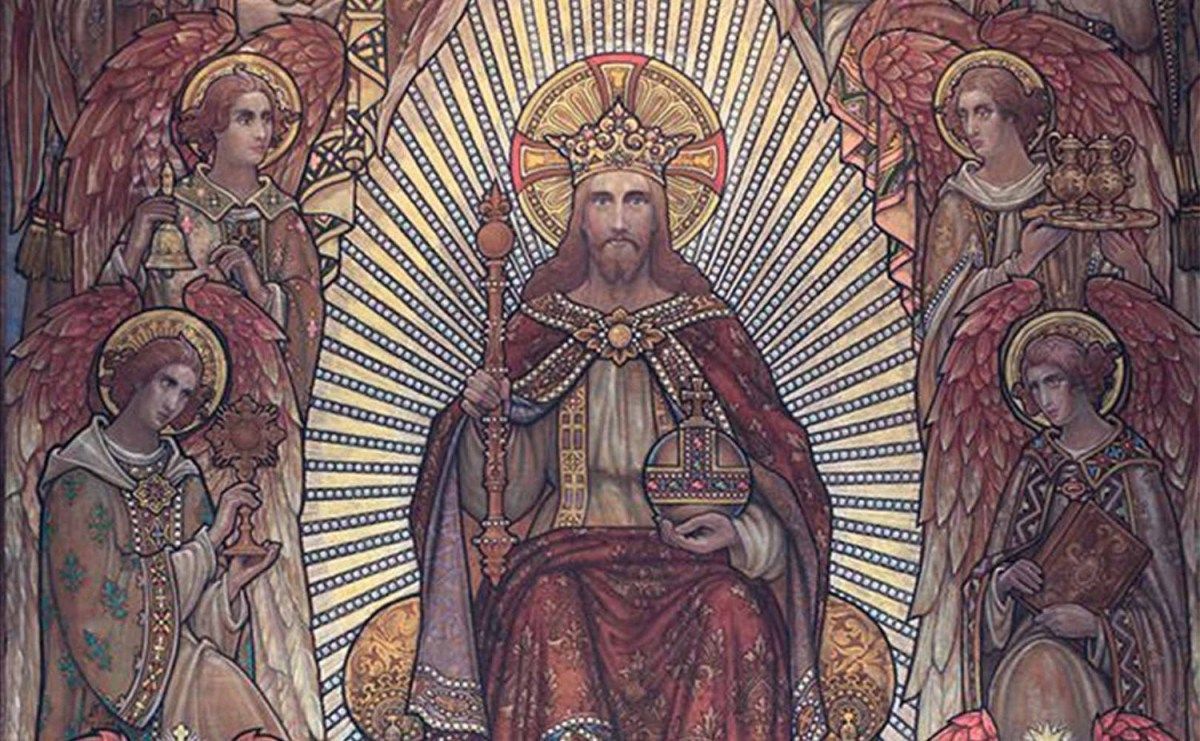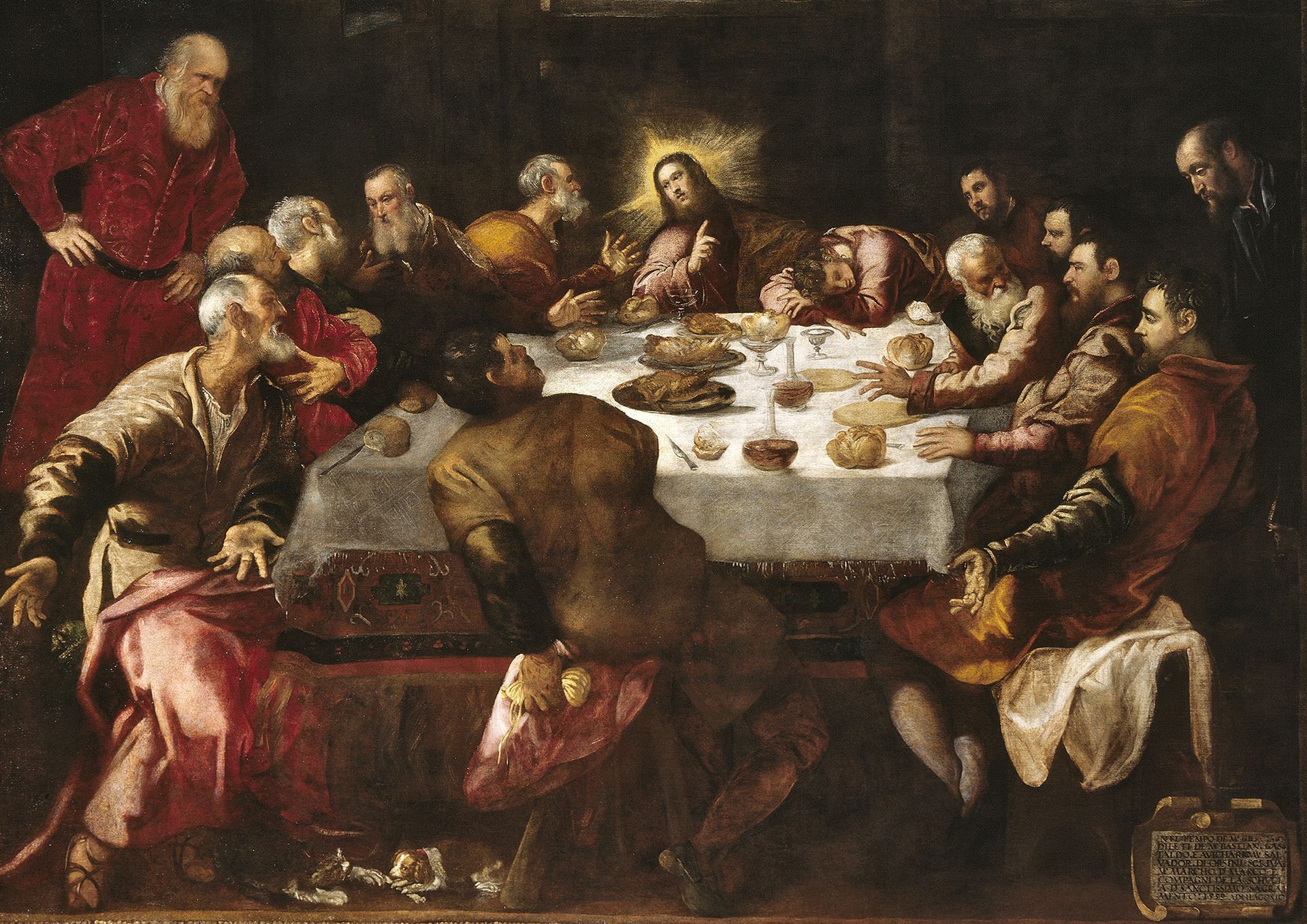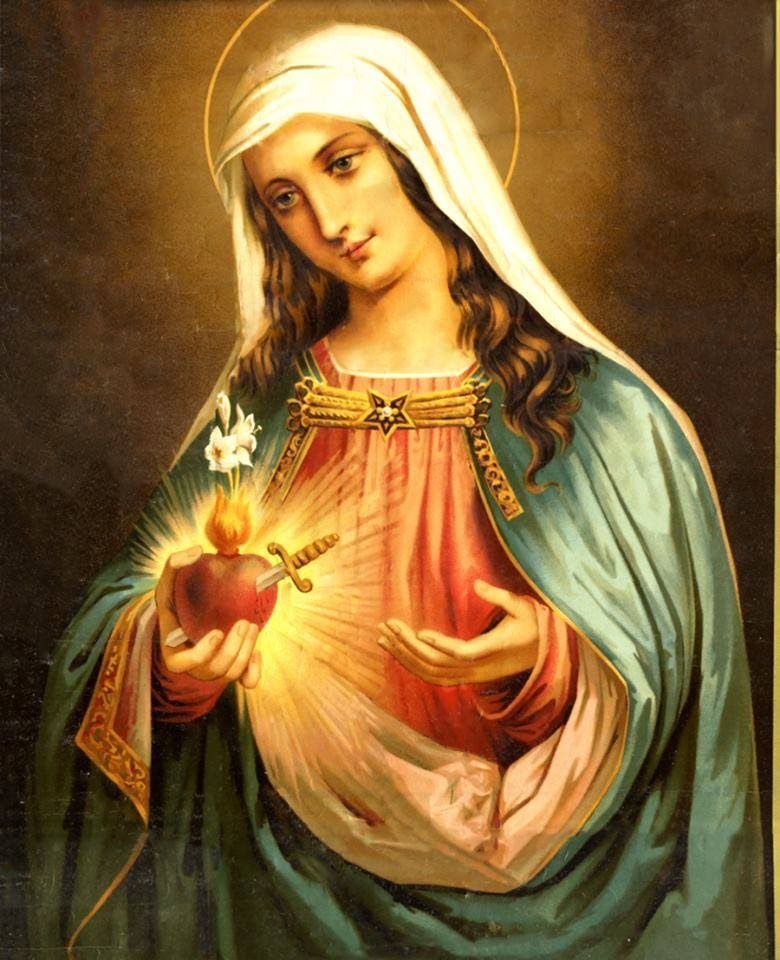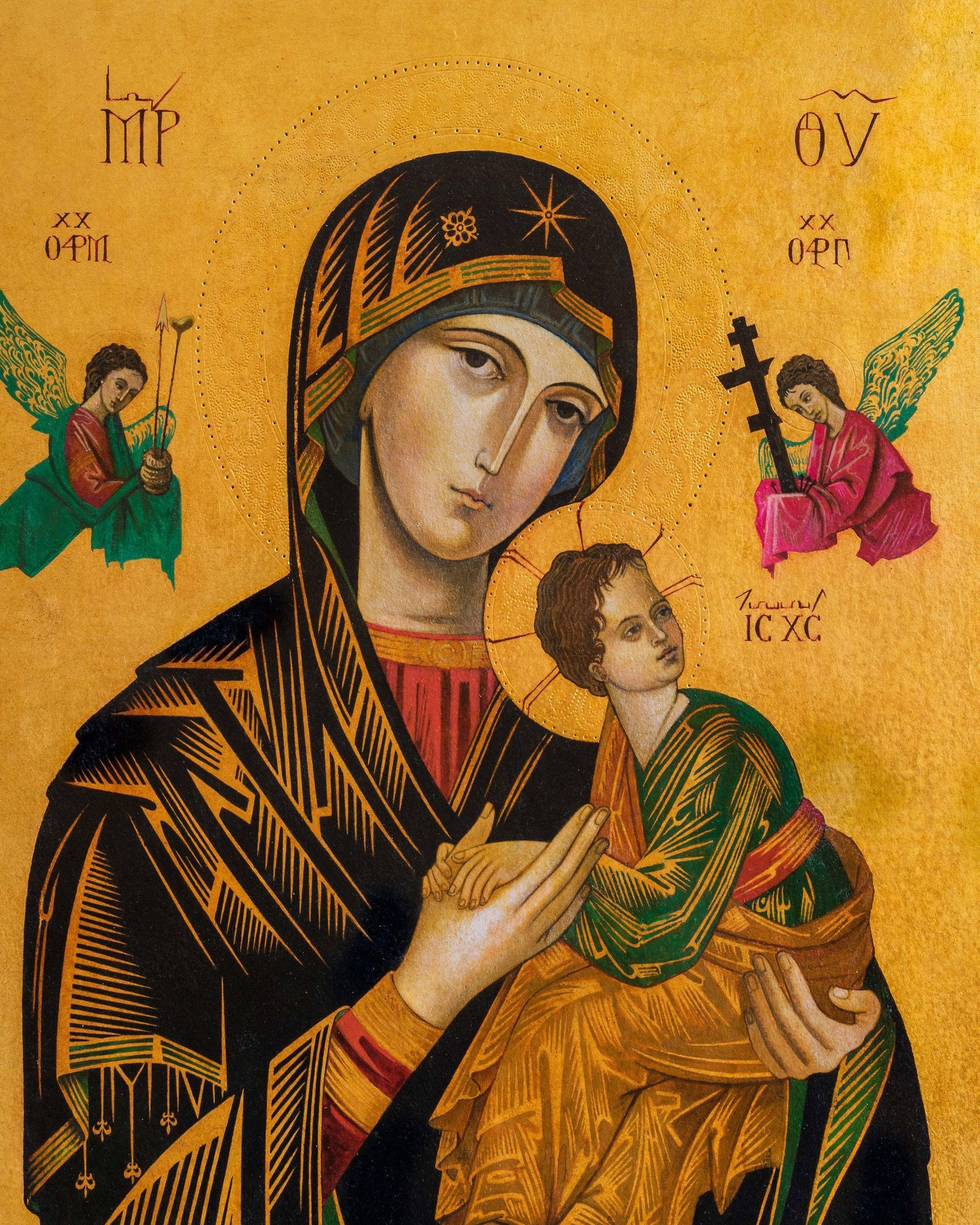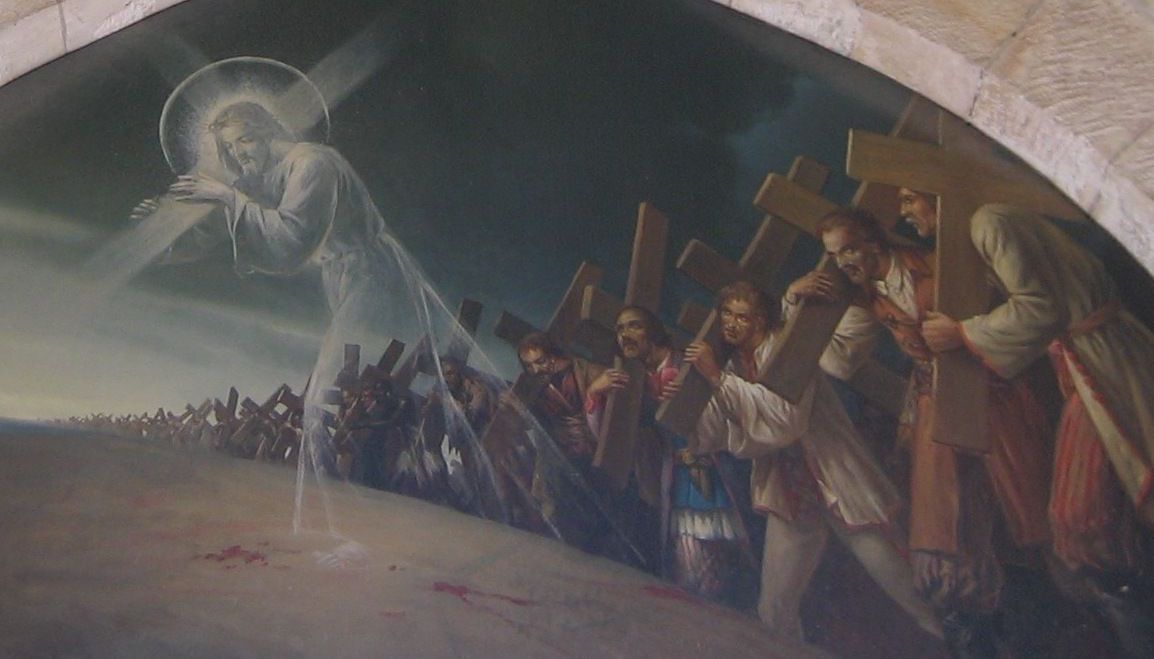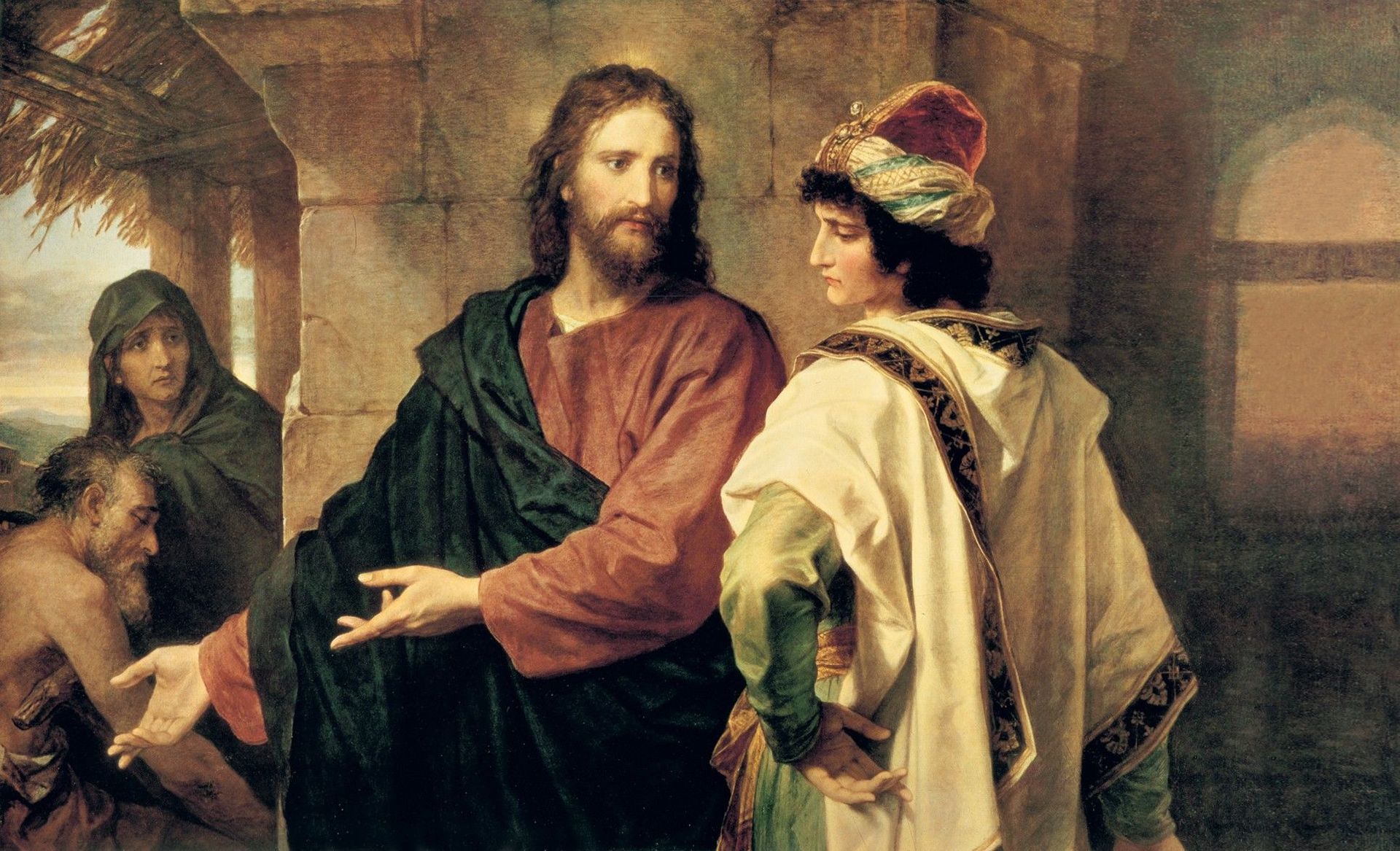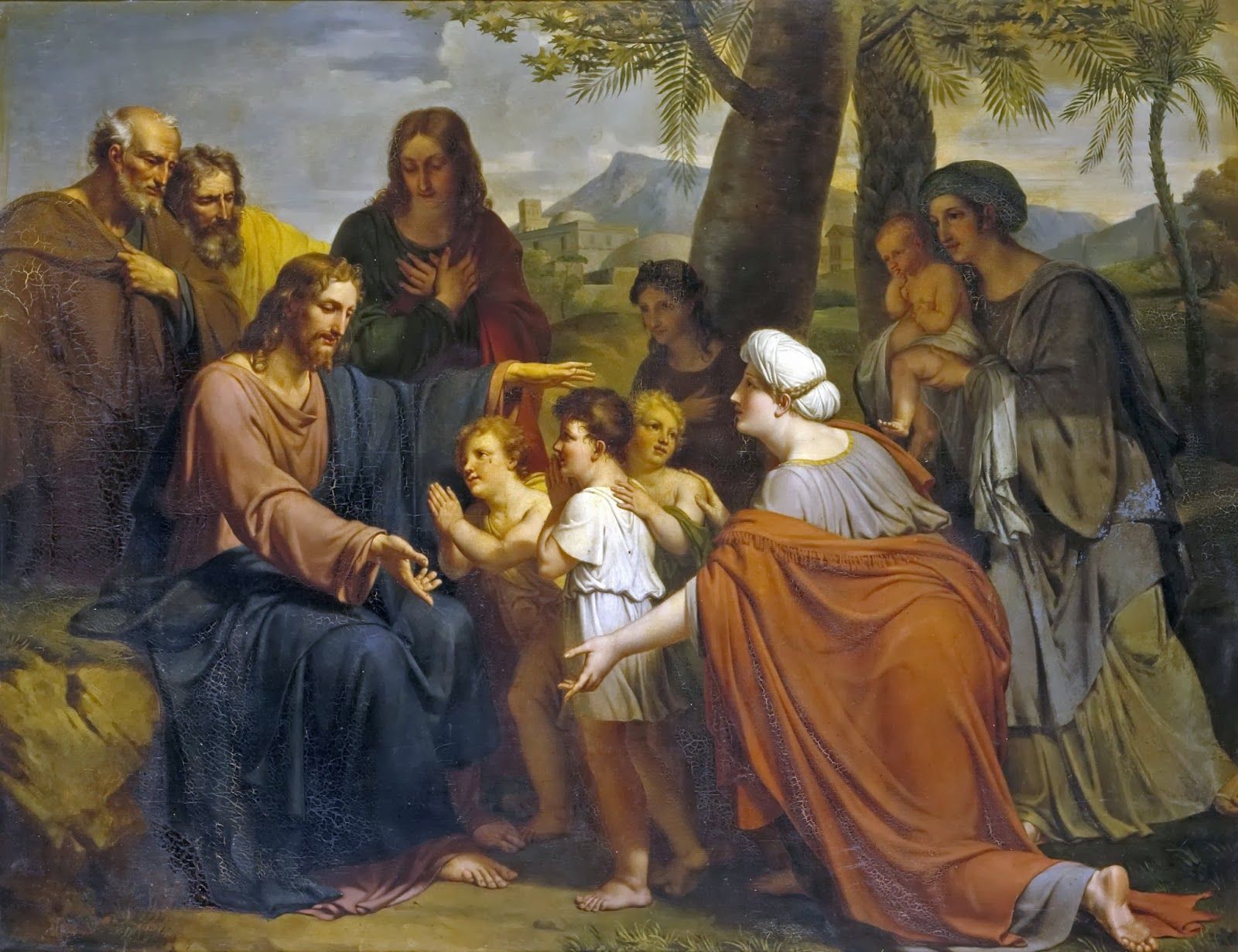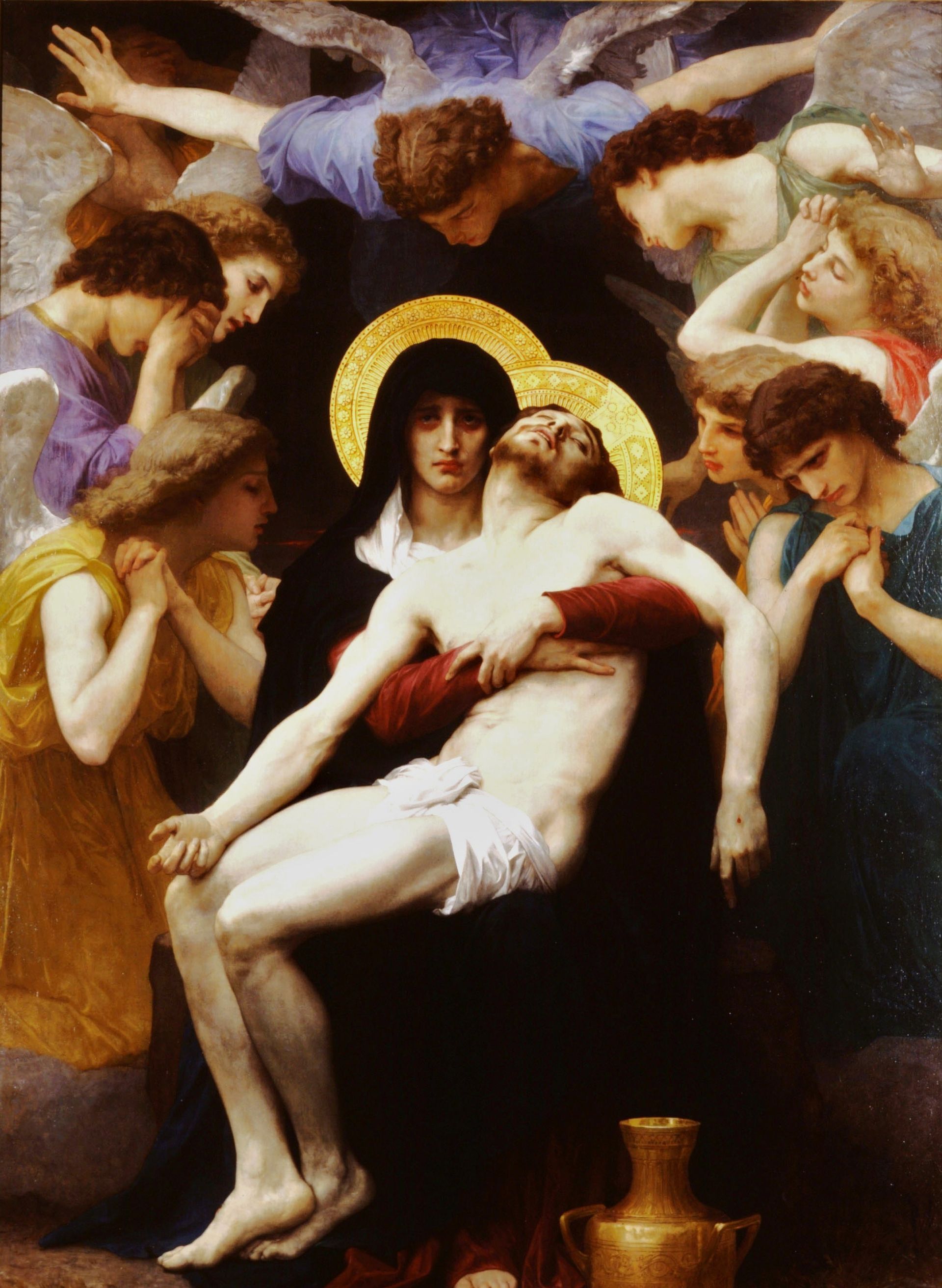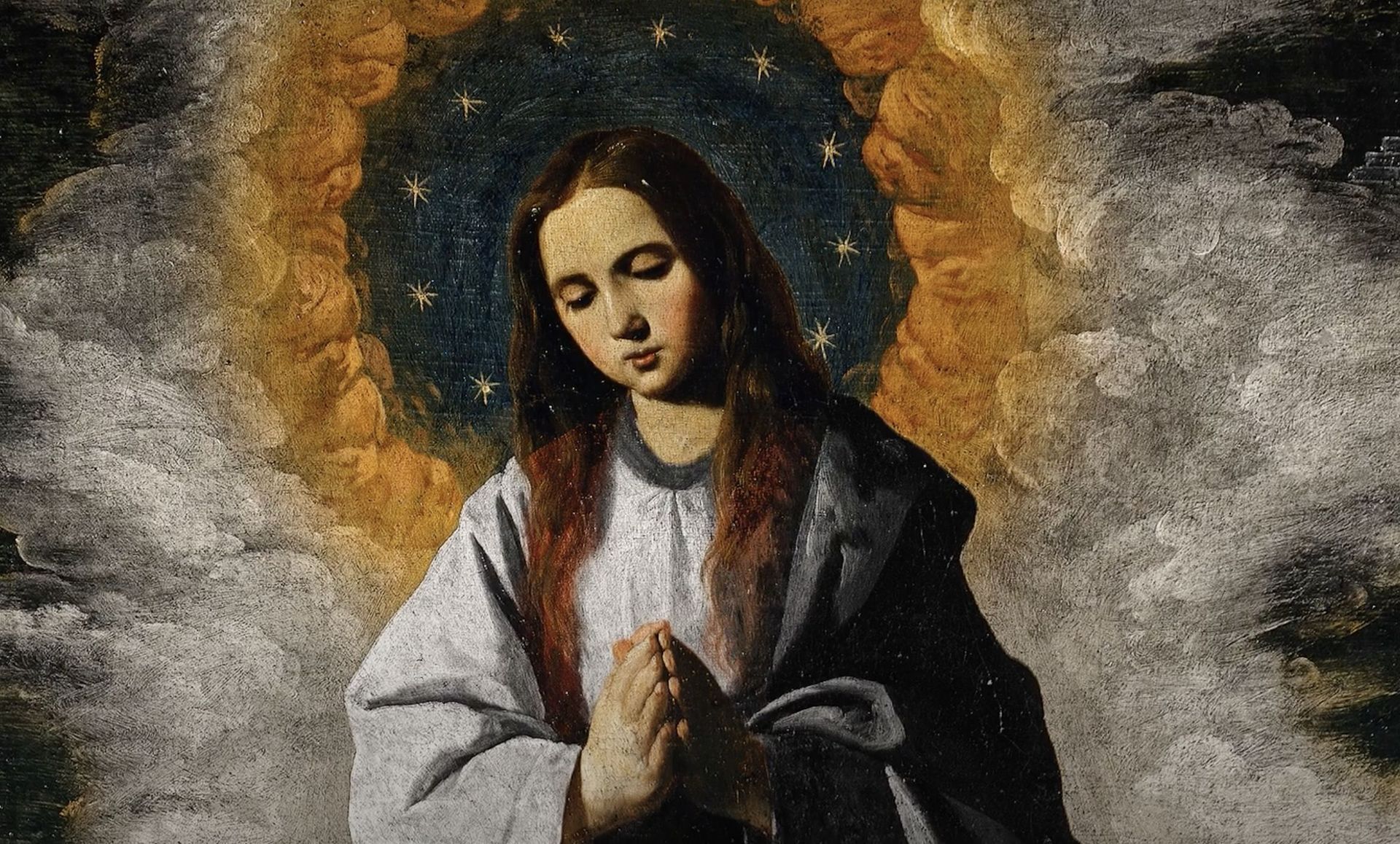3rd Sunday in Ordinary Time 2024
Salvation
When I was young, I remember a contention in the evangelical community in which I was raised. I’m sure that it hasn’t changed, because it came from the theological positions of different denominations—the argument whether one can lose his salvation. Much emphasis is put on “getting saved,” a singular moment in which one makes a conscious decision to give his life to God and accept Christ, and after that whether your salvation is guaranteed no matter what you do, “once saved, always saved” as they say in Baptist circles, or whether you can walk away and lose that salvation. Catholics, I was told by contrast, have no assurance of salvation, because the Catholic Church teaches that you’re saved by your works and not faith alone. The irony that strikes me now, in retrospect, is that in the face of that coveted assurance of salvation there could be so much debate over whether or not one is actually saved.
The truth is, since entering the Catholic Church, I don’t think much about whether or not I am saved. The word saved seems almost odd in the context of what I have learned about Scripture and the teachings of our Lord. It no longer carries the connotations it once did. Saving us is what Christ does, but it is not an event that happens to us, not a ticket we receive and put in our pocket for the day the train arrives. The readings today highlight the teaching of the Church on salvation: in the first, God spares Nineveh because the people repented. They turned from their wickedness and did penance, fasting and putting on sackcloth. The second reading extols us to change our every behavior and depart from what the world is doing, because we know that the world as it seems is passing away. The Gospel tells us that at the call of our Lord, “Repent and believe in the gospel,” the disciples abandoned their nets and followed Him.
Jesus commissioned the apostles to go and make disciples. He told them that if anyone would come after Him, they must die to themselves, daily take up their crosses, and follow Him. He says the way to life is narrow and few find it. He teaches an active, transforming faith—not simply a matter of belief, but of belief that transforms us into something completely new, a rebirth. Faith without works is dead, as St. James writes, but not because we earn salvation by works—because the works of faith change us inside, and by His grace, make us worthy of His promises. The Eucharist, Confession, Baptism, Confirmation, the Corporal Works of Mercy, Charity, Prayer—all these acts are channels of grace by which He rejuvenates a soul that is dead in sin and fills it with new and abundant life. They make us into beings transformed by the renewing of our minds and capable of love of neighbor, which is the path to love of God.
Merciful Father, You sent us Your beloved Son as both perfect sacrifice and perfect example. Help me to obey Him, to take up my cross, and die to myself in emulation of Him. Give me strength to pour out my suffering to ease the suffering of others, to pour out my affluence so that others may be fed, to pour out my care so others may find aid, to pour out my health so that others may be made whole. Let me be emptied of all things so that all I am may be filled with as much of the love of Christ as you give me grace to contain, that I may have that much more to give.


